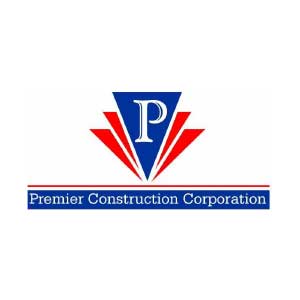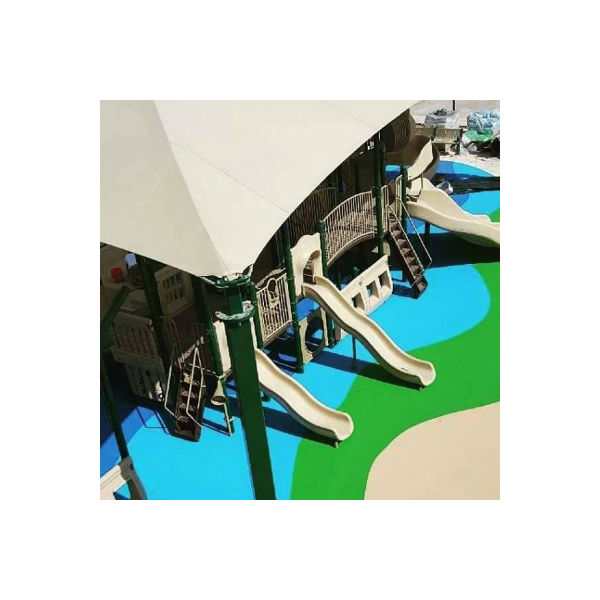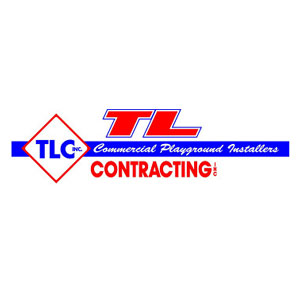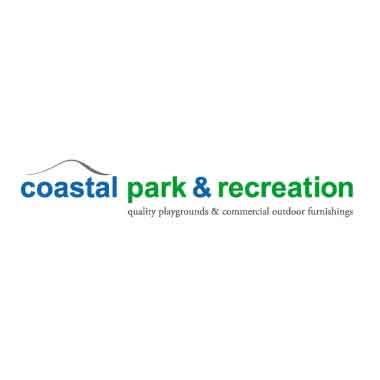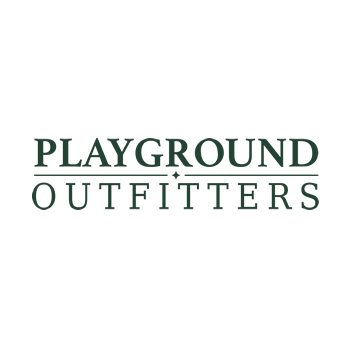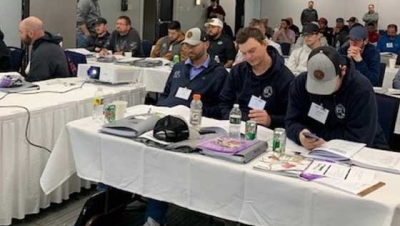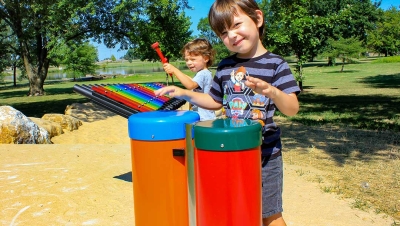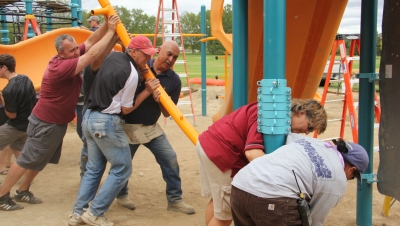Playground Construction and Installation
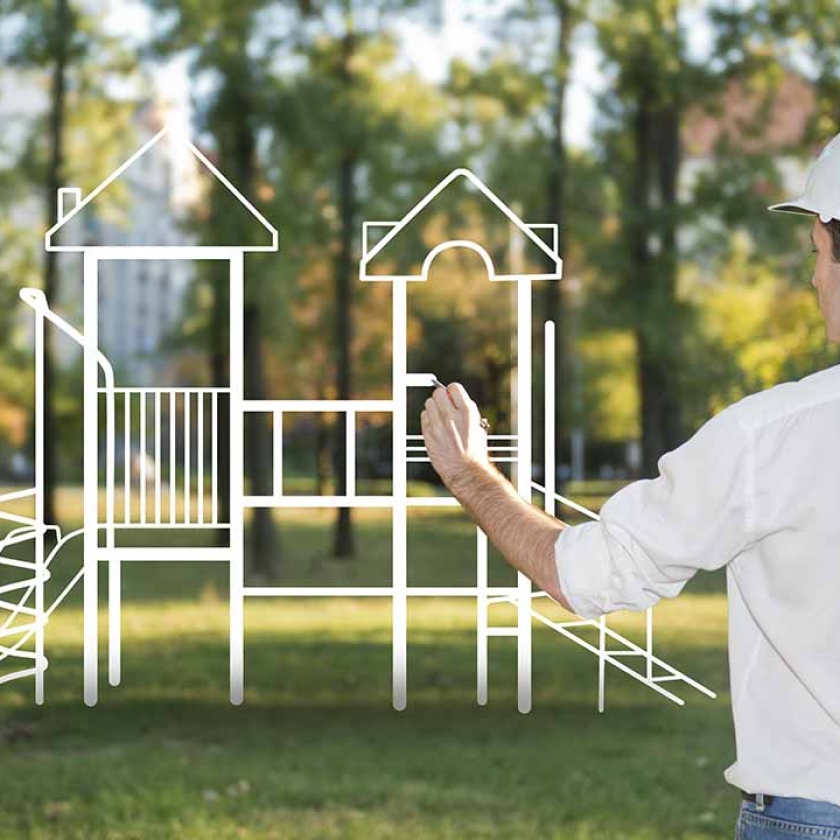
Playgrounds are typically shipped out of manufacturing facilities in a disassembled state, with various components such as poles, decks, and numerous nuts and bolts carefully packaged for transportation. This is where the pivotal role of the playground contractor comes into play. These skilled professionals take on the responsibility of transforming these unassembled parts into fully functional and safe play spaces. Their job starts with meticulous planning, ensuring that every piece is accounted for and that they have the necessary tools and equipment at their disposal. Assembling a playground is a complex task that requires precision and expertise. Playground contractors not only interpret complex blueprints and designs but also coordinate the efforts of their team members, working together to piece together the intricate jigsaw puzzle that will become a source of joy and exploration for children.











